|
|
|
|
The Conversation is a news organization – but we don’t have reporters on staff. Instead, scholars are our reporters. They write stories about issues and events in the news from their perspective as experts. In a regular newsroom, an editor would decide what story needed to be covered and would assign a reporter to do the story. The Conversation’s editors also decide what stories should be covered, but then we get to pick our writers from among the country’s most qualified authorities on the subject.
There are a gazillion reporters covering Donald Trump’s hush-money trial in New York. At The New York Times alone, you’ll find several reporters live-blogging the trial’s most minute details, including when Trump’s eyes have closed and what expressions can be seen on jury members’ faces. This week’s trial coverage began at The Conversation with a story by Harvard Law School professor Ronald Sullivan, an expert on criminal law and trial advocacy. Sullivan focused on what he calls “the most important single event of a trial” – the opening statements by attorneys for the prosecution and defense.
“Academic psychologists tell us that between 65% and 75% of jurors make up their minds about a case after the opening statement,” writes Sullivan. “What’s even more incredible is that 85% of those jurors maintain the position they formed after the opening statement once all evidence is received and the trial is closed.”
That is indeed incredible. And learning about facts like this is why I love working with the scholar-reporters at The Conversation.
Also in this week’s political news:
|

|
Naomi Schalit
Senior Editor, Politics + Democracy
|
|
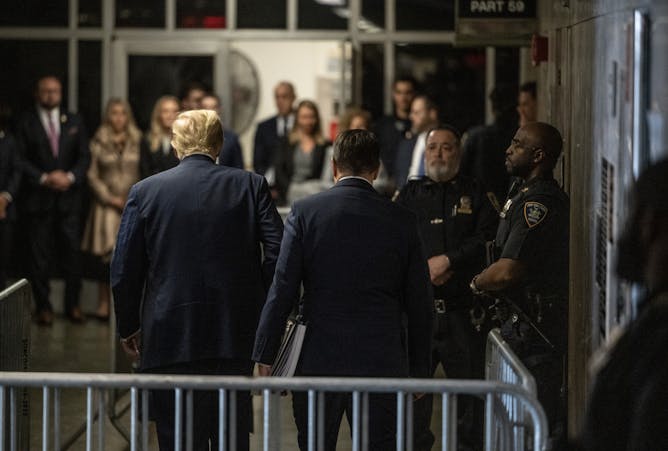
Former U.S. President Donald Trump enters Manhattan Criminal Court on April 22, 2024.
Victor J. Blue - Pool/Getty Images
Ronald S. Sullivan Jr., Harvard University
What I teach Harvard Law School students about the importance of opening arguments and how a majority of jurors make up their minds about a case after hearing them.
|
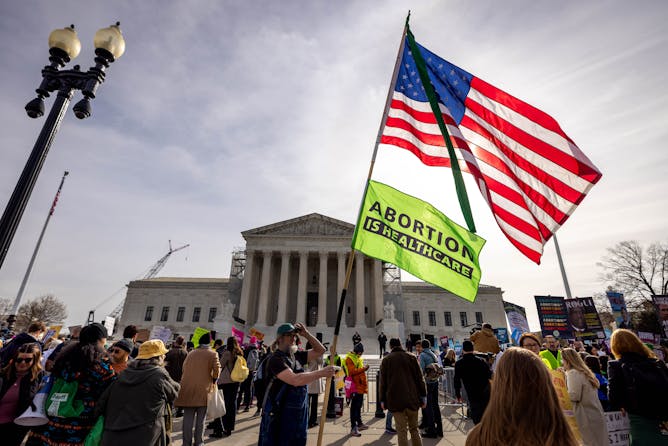
Demonstrators protest outside the Supreme Court building shortly before the court heard arguments about mifepristone on March 26, 2024.
Michael Nigro/Pacific Press/LightRocket via Getty Images
Naomi Cahn, University of Virginia; Sonia Suter, George Washington University
EMTALA requires hospitals to provide stabilizing treatment to all patients – but Idaho is arguing that its abortion ban means it doesn’t have to allow the procedure, even if it is medically needed.
|

The Seattle skyline with Mt. Rainier in the background.
Wolfgang Kaehler/LightRocket via Getty Images
Serin Houston, Mount Holyoke College; Dan Trudeau, Macalester College
Ending institutional racism is a long-term goal and requires well-informed and engaged people to remake systems and structures
|
|
|
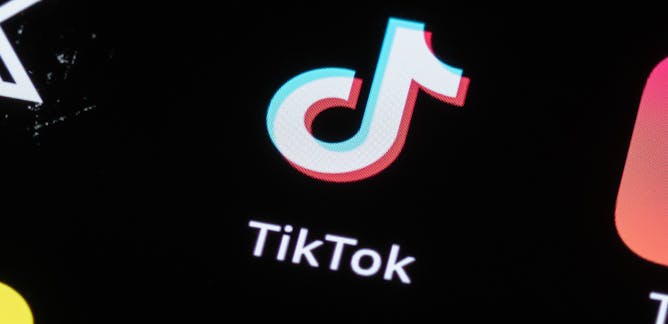
Nir Eisikovits, UMass Boston
If the US wants to protect young people from misinformation and foreign influence, focusing on TikTok is barking up the wrong tree.
| |
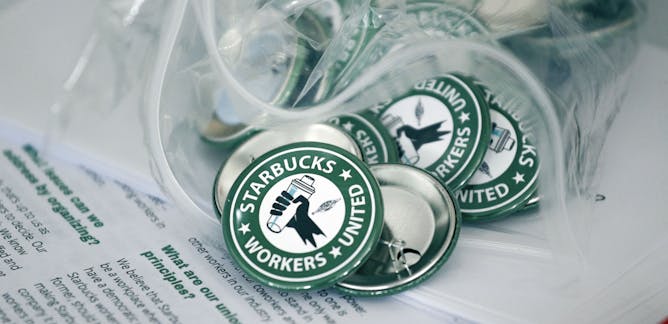
Michael Z. Green, Texas A&M University
The case stems from a complaint filed after seven baristas who were attempting to organize a union at a Starbucks shop in Memphis, Tenn., were fired.
|
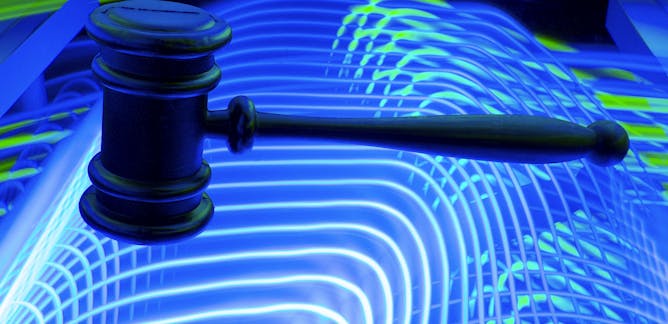
Donald Nieman, Binghamton University, State University of New York
In 1974, the Supreme Court accepted, heard and decided a case within two months because the justices understood its importance to the public.
| |

Mireille Rebeiz, Dickinson College
More than 240 US personnel died in truck bombing – remembered as the worst day in his career by Gen. Alfred M. Gray Jr., who died on March 20, 2024.
|
|
|
|
|
-
Nicholas R. Micinski, University of Maine
The proposed EU asylum and migration reforms focus on securing borders and making it easier to deport people, with little protection for migrants and asylum seekers.
-
Jong Eun Lee, North Greenville University
The South Korean leader seeks to strengthen ties with the US and Japan. But he might be hamstrung by domestic concerns.
-
Tatsiana Kulakevich, University of South Florida
President Joe Biden is expected to soon sign the total $95 billion foreign aid package that covers Israel, Ukraine and Taiwan.
-
Tim Bakken, United States Military Academy West Point; Karrin Vasby Anderson, Colorado State University
The number of prospective jurors saying they can’t be fair to Trump because of who he is does not bode well for the defendant, a legal expert observes,
-
Calvin Schermerhorn, Arizona State University
Abortions happened in Arizona, despite a near-complete abortion ban enacted in 1864. But people also faced penalties for them, including a female doctor who went to prison.
|
|
-
More of The ConversationLike this newsletter? You might be interested in our other weekly emails: Follow us on social media: -
About The ConversationWe're a nonprofit news organization dedicated to helping academic experts share ideas with the public. We can give away our articles thanks to the help of foundations, universities and readers like you.
|
|
| |
| |
| |
| |
|
|
|
|
|
|
|